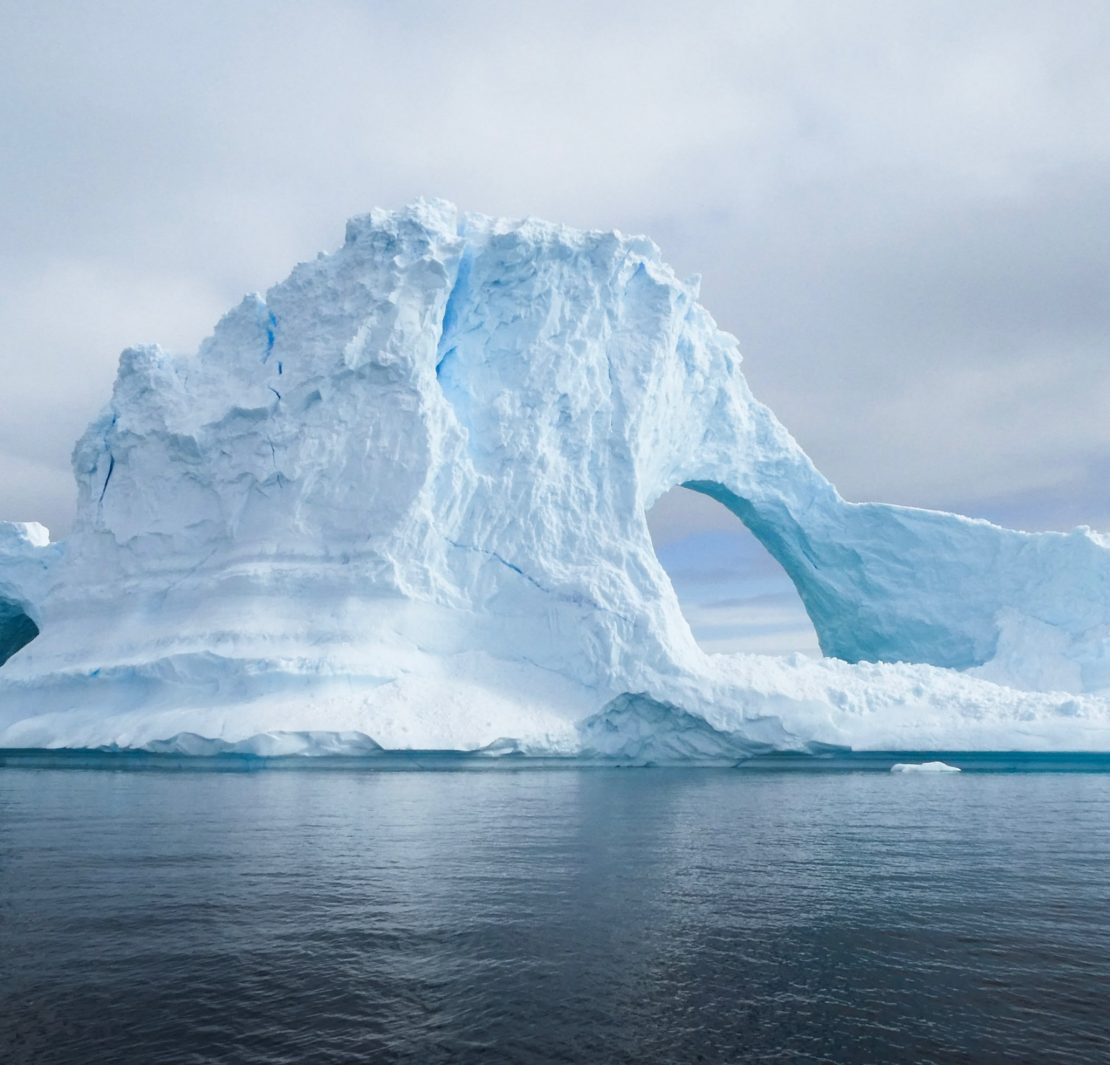Last week, the Antarctic sea recorded its lowest sea ice level for the third time in six years, and researchers are scrambling to find out why.
For the unversed, sea ice is not the same as glaciers. Sea ice forms and melts strictly in the ocean whereas glaciers form on land; simply put, ice acts as a “blanket,” separating the ocean from the atmosphere. In addition to keeping sunlight out, sea ice traps existing heat in the ocean, keeping it from warming the air above.
Monitoring sea-ice extent using satellites is one of the ways scientists keep track of climate change. Antarctic sea ice usually reaches its annual maximum extent in mid-to-late September and reaches its annual minimum in late February or early March. Based on satellite data, the extent is the total area where the ice concentration is 15 percent or higher. According to the satellite observations last week, scientists noted the lowest-ever record of ice since 1979.
In the summer of 2022, the amount of sea ice dropped to 1.92m sq km, the lowest at the time, and within a year the record was already broken. If all the sea ice in this continent melts, sea levels could possibly rise by metres. Although, as sea ice forms from the seawater it floats on, so there is no direct relationship between melting sea ice and the rise of sea levels, there could be some cumulative effects. Sea ice helps to buffer the effect of storms on ice attached to the coast. If it starts to disappear for longer, the increased wave action can weaken those floating ice shelves that themselves stabilise the massive ice sheets and glaciers behind them on the land.
An extreme loss of ice in the continent’s west is especially a major concern for researchers. One such being the vulnerable Thwaites glacier – known as the “doomsday glacier” that is roughly the size of Gujarat, whose collapse might result in a catastrophic rise in world sea levels.
It’s still unclear whether the drop in sea ice and the back-to-back record lows are a natural phenomenon or are signs that the climate crisis is beating down on Antarctica. The melting of glaciers was already a big enough issue for us and now the sudden and dramatic downturn in sea ice since 2016 seems to be making it much worse. Given the latest findings, scientific communities wonder whether the ice has finally reached its breaking point.





